READING and
ANALYSING text

Bessemerbiblioteket
How to read classical fiction:
Historical context is important
Post-colonialism
Sexism
Racism
Old language - Words and phrases
Themes and key words
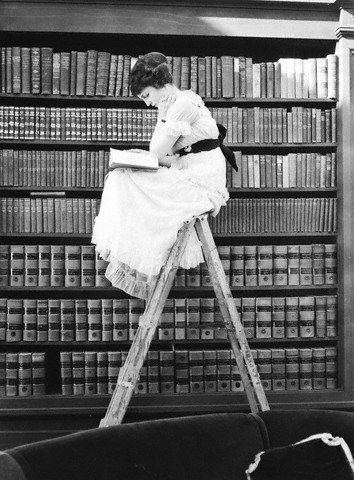
Heart of Darkness
By Joseph Conrad
First published in 1899
in Blackwood magazine as one of three novellas.
Later published as a novel collecting all three novellas in 1902.
Belongs to the literary era of modernism.
Is based on Conrads travel journals from his journey to Africa in 1892.
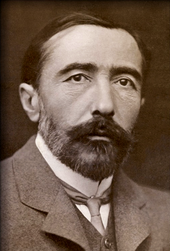
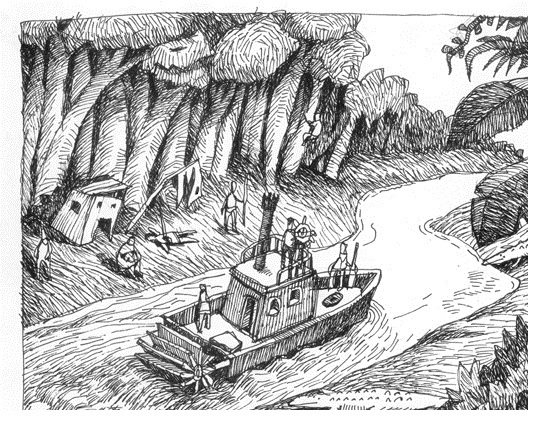
How to read online
Eye-tracking research show:
Online readers tend to skip large blocks of text
Reading on a screen is 25% slower than reading on paper
Deep reading can be achieved online
- unless you get distracted by other things on the web
Want to know more?

Deep Reading - what is that?
Don't get stuck on words
In an old text you are bound to come upon words you don't know or understand
Keep reading anyway!
Create a Reading bubble!
Let the story catch you ,
you will get into the
flow of deep reading.
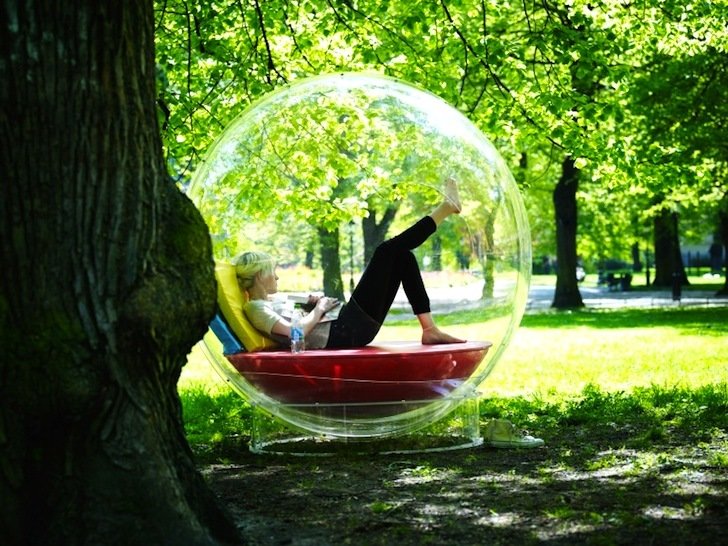
How to get into the story
Begin with background and context
Try to hear the narrators voice
Try to keep focus on the core of the story
Give it time!
25 pages at a time
How to analyse classical fiction
1. Analyse the structure
2. Interpret the meaning
3. Zoom out!
Story arch and plot
Characters (protagonist/antagonist)
Environment
Narrative perspective
Storytelling
Literary style (metaphors and symbolisms)
Personal reflections
Universally or specific
Theme
Message or meaning
Is it typical for its literary era?
How is it relevant for our time?
TAKE NOTES!
Different kind of analyses
Intertextual
Pastiche
Aware/unaware
Feminist
Subject/object
Bechdeltest
Post-colonial
Racist stereotypes
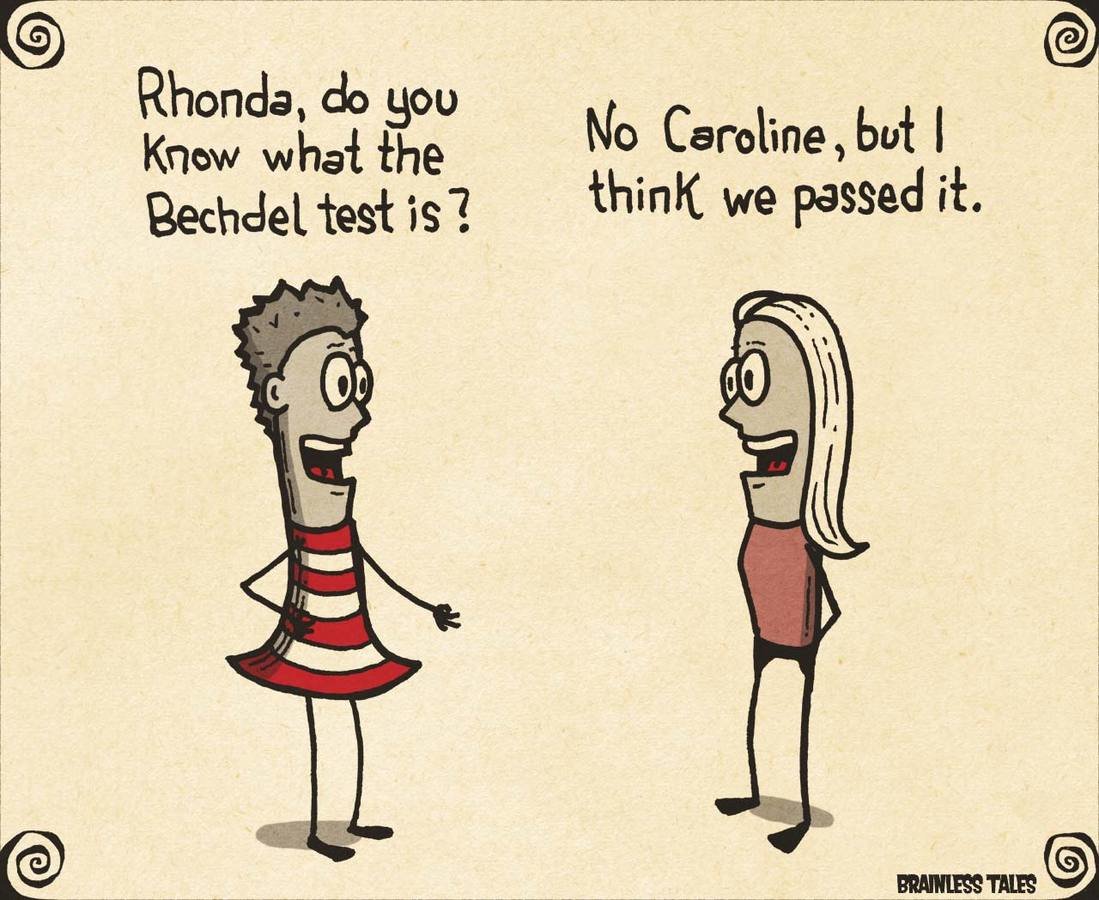
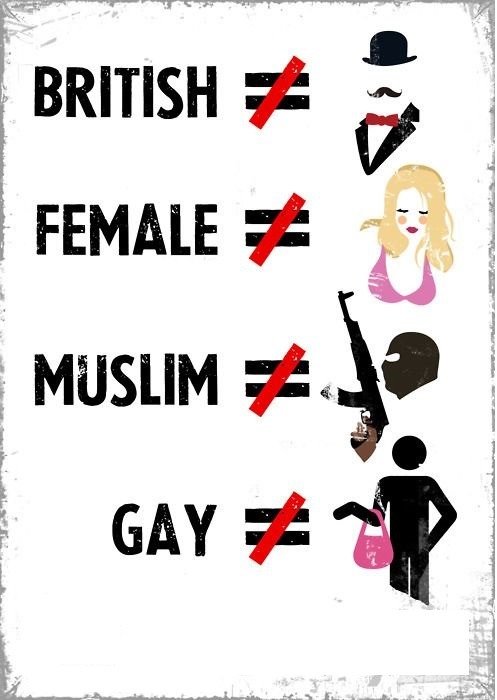
How to read a scientific paper
The reading tactics differ from when you read fiction
Skimming
Scanning
Snatch- and grab
and more...
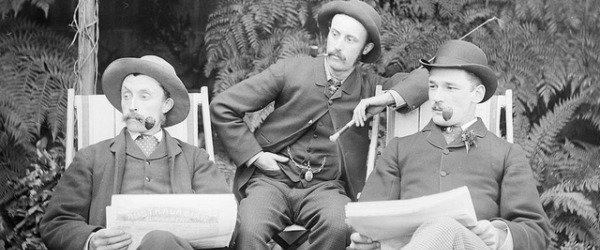
http://sh.diva-portal.org/smash/get/diva2:356589/FULLTEXT01.pdf
How to approach a scientific text
Abstract - Gives you the Why (Syfte)
Conclusion - Gives you the How (Metod och resultat)
How to analyse a scientific paper
Research is building knowledge on previous science
The goal of scientific research is to test your hypothesis through research
The structure of a scientific paper is (almost) always the same
- What is the content of the paper?
- What kind of analysis is the author using?
- Does the author prove his/her hypothesis?
- Give examples